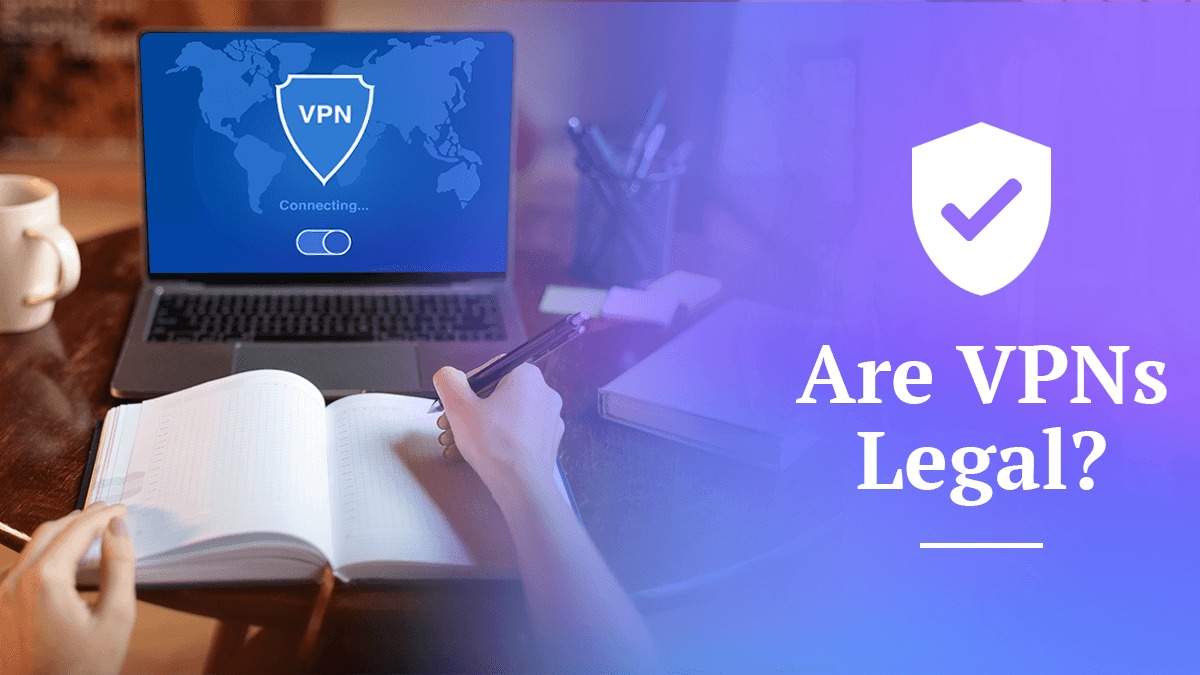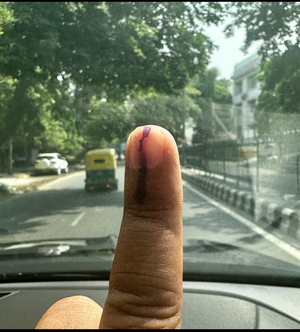Unleash the Web: Are VPNs Legal in India and How Can They Benefit You?

Virtual Private Networks (VPNs) can evoke images of clandestine activities and shadowy figures operating on the dark web. However, VPNs are widely legal in many countries, including India. These services encrypt Internet connections, mask IP addresses, and prevent tracking by governments and Internet Service Providers (ISPs).
In case you’re wondering, VPNs have nothing to do with illegal web browsing. Of course, like any other technology, VPNs can be leveraged by bad actors for nefarious purposes. But that doesn’t mean that everything related to VPN is illegal. This would be like claiming that the Internet is only used by criminals. Although there are numerous legitimate reasons to use a VPN for privacy, users should be aware of the legal boundaries. It is important to understand and ensure compliance with the laws regarding the use of VPNs in one’s country.
Is VPN legal in India?
According to the guidelines of Norton, a popular antivirus and security brand, different countries have different rules regarding VPN usage. Some nations, including Belarus, China, Iraq, North Korea, Oman, Russia, and the UAE, regulate or outright ban VPNs. In such places, using a VPN can lead to penalties for both users and service providers. In India, the use of VPN is legal. However, there have been cases where individuals have faced backlash from authorities for using VPN services. Therefore, it is advisable to be aware of the legal restrictions and avoid accessing restricted sites through a VPN.
Which VPN use cases are punishable?
While VPNs themselves are legal, they do not provide immunity from engaging in illegal activities. Using a VPN remains punishable for criminal acts such as hacking, cyber stalking or accessing restricted websites. VPNs are designed to enhance online security and privacy, not to facilitate illegal behavior. Furthermore, using a VPN to bypass geo-restrictions on websites or apps may violate legal and terms of service in some jurisdictions. Always review the terms of service of both the VPN provider and the website accessed to ensure legal use.
Read the Terms of Service carefully
Users should use common sense and thoroughly read the terms of service of their VPN providers. These terms generally highlight that users are responsible for any illegal activities carried out by the VPN. Providers may report suspicious activities to law enforcement.
In India, there is no legal right to private browsing, although one can browse privately as long as it does not violate the Information Technology Act, 2000.
What are the uses of VPN?
VPNs are popular among individuals and organizations seeking enhanced Internet privacy. Here are the common reasons for their use:
Secure public Wi-Fi: Public Wi-Fi networks are often insecure, making them vulnerable to cybercriminals. Connecting to a VPN encrypts data, protecting personal information from prying eyes.
Accessing content: VPNs allow users to access geo-restricted content, such as streaming services, by connecting to servers in their home countries.
Maintaining privacy: A VPN helps prevent advertisers and third parties from tracking online activities. A no-log VPN ensures that the service provider doesn’t even track the user’s data.
Bypassing network restrictions: VPNs can help users access restricted networks at workplaces or educational institutions. It is important to understand and respect the policies of these organizations to avoid violations.
While VPNs offer significant privacy benefits, users must navigate their legal use carefully. Being aware of local laws and terms of service can ensure that one can enjoy the benefits of a VPN without crossing legal boundaries.





